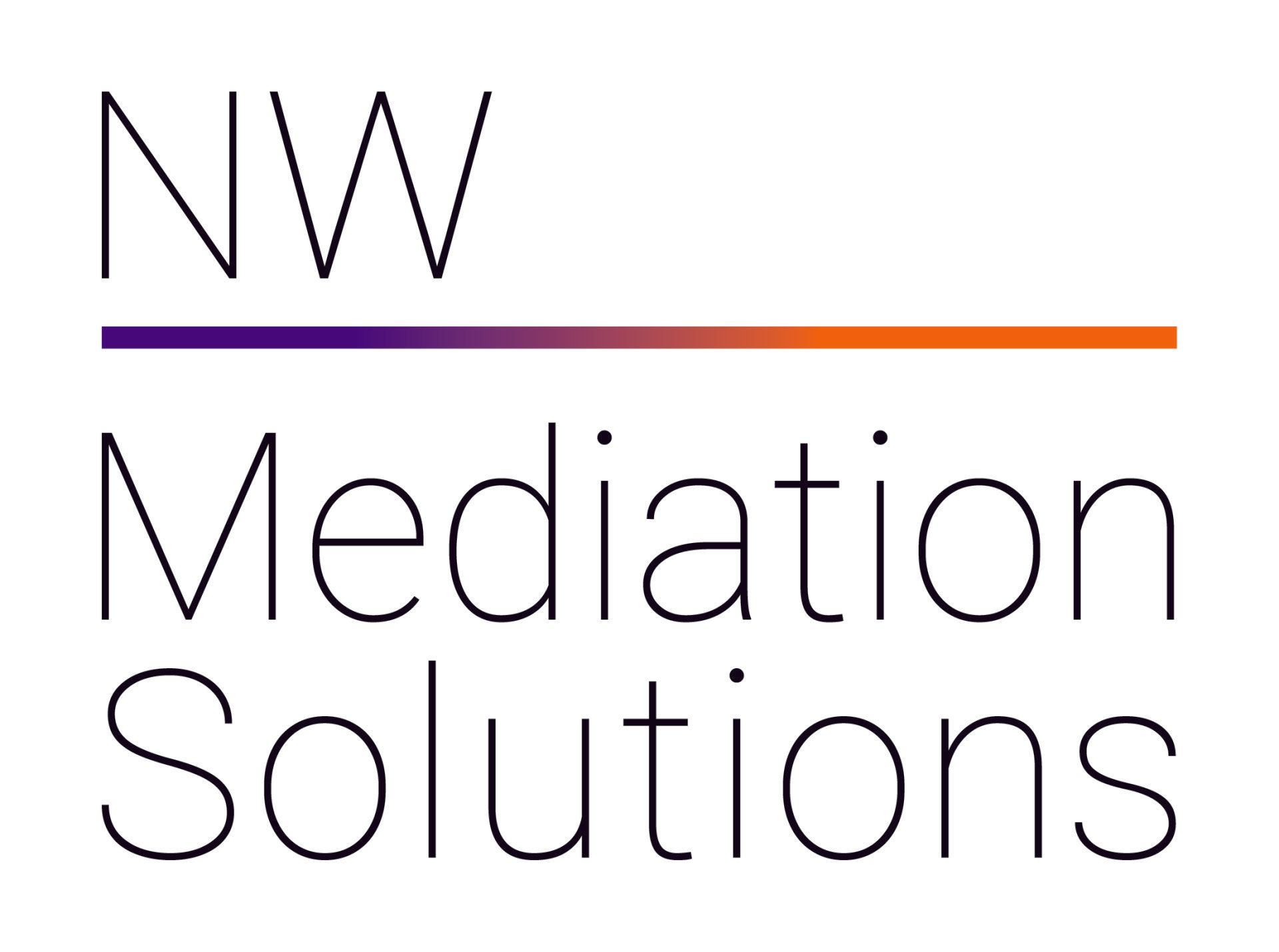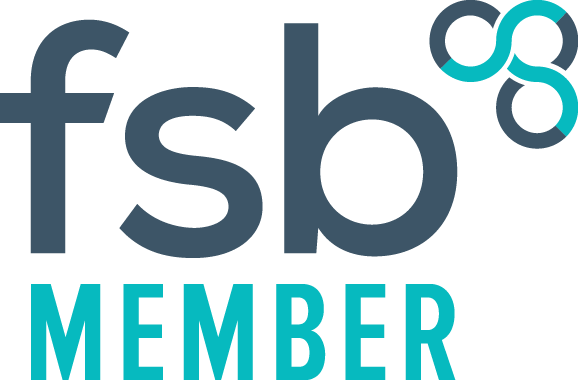Tips on managing office conflict
Tips on managing office conflict
Office politics are an unavoidable part of office life. Whilst discussions are healthy, the conflict which invariably arises from either a difference of opinion or a clash of personalities is not. A study carried out in the USA found that managers spend at least 24% of the day dealing with conflict*. Not only does this impact the productivity of all parties involved (and thus profitability) but it has wider reaching implications such as low morale, higher staff turnover, absenteeism, poor team work – all in all a toxic environment.
Whilst every situation is unique, the following tips should help prevent the healthy debate from getting out of hand.
*https://www.amanet.org
Job description
Ensure that each employee knows exactly what their role is and what is expected of them.
Office Structure
Employees need to know where they are in the hierarchy. Create a flow chart of who their line managers are, and who manages their line managers. This will foster a feeling of belonging to a team, where everyone knows their role.
Office etiquette
It’s a good idea to ensure the rules of the office are clear to all. For example the length of breaks permitted, clothing, - make these ‘rules’ clear so they know what will and will not be tolerated.
Seek out areas of potential conflict
By identifying areas of potential conflict you can minimise the disruption by nipping issues in the bud. It could be that a job role change or a different shift pattern is required.
Training staff
Conflict often grows from resentment or feelings of inadequacy. Take time to train your employees – given them the resources to fulfil their role. Encourage conflict resolution training so they can understand what their triggers are and how to diffuse negative situations.
Alternative Dispute Resolution
The last thing you want is for an employee to feel they have no option but to enter into the formal HR process or grievance procedure. Have an Alternative Dispute Service available to the employees – one that isn’t hidden away but one you are proud of and one that employees take seriously. You should encourage employees to report complaints and issues early on so situations don’t escalate.
Whilst you can implement the above to help prevent conflict, conflicts will arise. You can deal with these situations through mediation – a process for resolving disputes where a third party facilitates a settlement. It is future focussed rather than looking back at who was right or wrong and looks at solving problems so that they don’t happen again.









